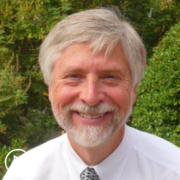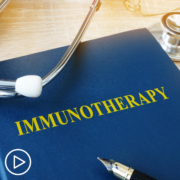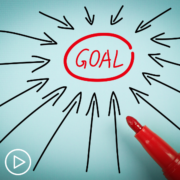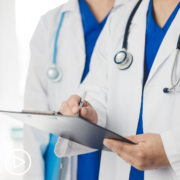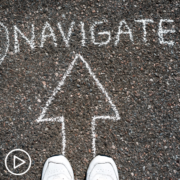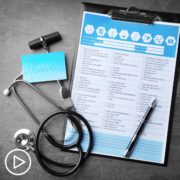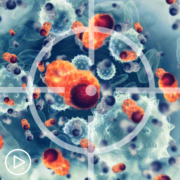Dr. Samuel Cykert: Why Is It Important for You to Empower Patients?
Dr. Samuel Cykert: Why Is It Important for You to Empower Patients? from Patient Empowerment Network on Vimeo.
Why is it important to empower patients? Non-small cell lung cancer (NSCLC) expert Dr. Samuel Cykert from UNC School of Medicine discusses the Greensboro Health Disparities Collaborative and ways that he works to empower his patients.
See More from Empowering Providers to Empower Patients (EPEP)
Related Resources:
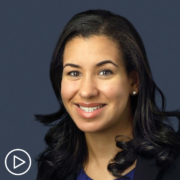
|
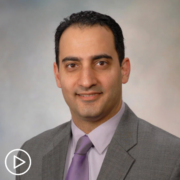
Dr. Sikander Ailawadhi: Why Is It Important for You to Empower Patients? |
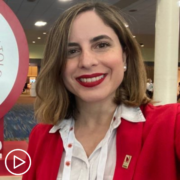
Dr. Sara Taveras Alam: Why Is It Important for You to Empower Patients? |
Transcript:
Dr. Samuel Cykert: Yeah, I think the most important thing in empowering patients is communication. First of all, on the explanation side, you have to communicate to the patient that I’m talking to you in normal English that you can understand. I’m not using medicalese to make it impossible for you to understand, so I’m communicating in a way where I’m making it digestible, and then the other thing I always do is I use a teach-back and I ask the patient to tell me what they’ve heard, I want to make sure that the patient can translate back to me the kinds of things that I’ve been saying, but even on top of that, I try to always talk to patients about their families and how their families are fitting in because family is so important in the decision-making process, and even having a family member at the discussion who’s supportive of treatment and care, I think can be another important factor. And I want to communicate that I’m listening, I want the patient’s questions, I want to encourage him or her to ask questions, so that this decision is shared.
Yeah, the only important thing is I did mention the Greensboro Health Disparities Collaborative, which is a community group, some of whom have experienced cancer, some of whom are teachers and UPS drivers, some of whom are healthcare professionals, and there are also patients of color and white individuals and it’s a group where the feedback, particularly in the context of a racial equity training, where everybody’s speaking the same language, their feedback on designing the interventions of the studies we’ve done, the feedback was crucial, and it was a matter of, we heard them, we heard the principles that they wanted to establish, and then we took those principles and used our expertise to translate them into the healthcare system, into the cancer care system. So I just want to say that talking to the community, particularly the community that experiences barriers, really important.

